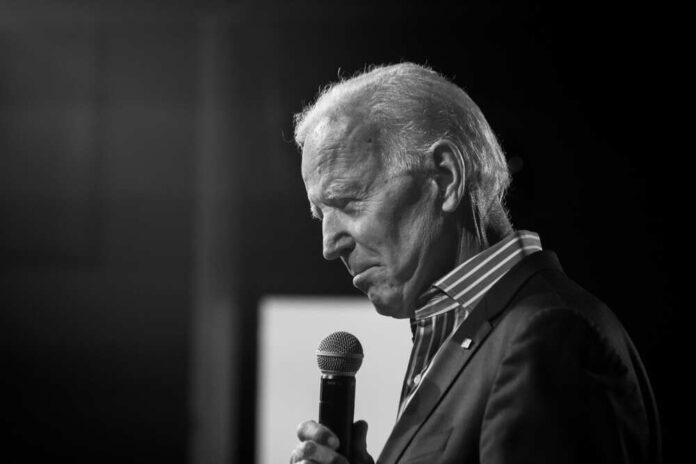
(ReclaimingAmerica.net) – In a very controversial move that quickly backlashed the current administration, Joe Biden has granted states and municipalities greater flexibility to retain funds from a $100 billion pool of unspent pandemic relief until 2024.
This decision comes amid criticism of how portions of the relief funds have already been utilized, including expenditures on golf courses, lottery prizes for vaccinated individuals in New Mexico, and legal services for asylum-seekers in Illinois.
The Treasury Department, in a rule published before Thanksgiving, eased the legal obligations for states and municipalities to allocate money from the $350 billion Coronavirus State and Local Fiscal Recovery Fund by the end of 2023. The fund was established as part of the $1.9 trillion American Rescue Plan signed by President Biden in 2021.
Critics, including the right-leaning Economic Policy Innovation Center, have labeled this rule change as creating a “Bidenomics slush fund.” The report contends that the alteration allows state and local governments to extend the reporting of funds obligated beyond 2024 if reported to the Treasury by April of that year.
The report from the Economic Policy Innovation Center suggests that this move effectively provides a “slush fund pathway” for state and local governments to utilize the allocated funds on administrative or compliance expenses, avoiding a scenario where funds remain unspent and potentially returned to the federal government.
A Treasury spokesperson clarified that the existing deadline set by Congress for state and local governments has not been altered. The spokesperson stated, “To address grantee questions, Treasury clarified what recipients must do to meet a particular December 2024 cost incurred deadline that was established by Congress.”
According to the latest Treasury data, approximately $90 billion of the initial $350 billion appropriation has not been approved through an adopted budget. The authors of the report, Paul Winfree and Brittany Madni, argue that this unspent amount may be impacted by the rule change, potentially allowing states more time and flexibility to utilize the funds rather than returning them to the federal government.
As states and local governments have only obligated 56% of the total $350 billion allocation, the rule change raises concerns about the potential misuse of funds and the delay in addressing urgent needs arising from the pandemic. The controversy adds another layer to the ongoing debates surrounding pandemic relief and fiscal responsibility.














